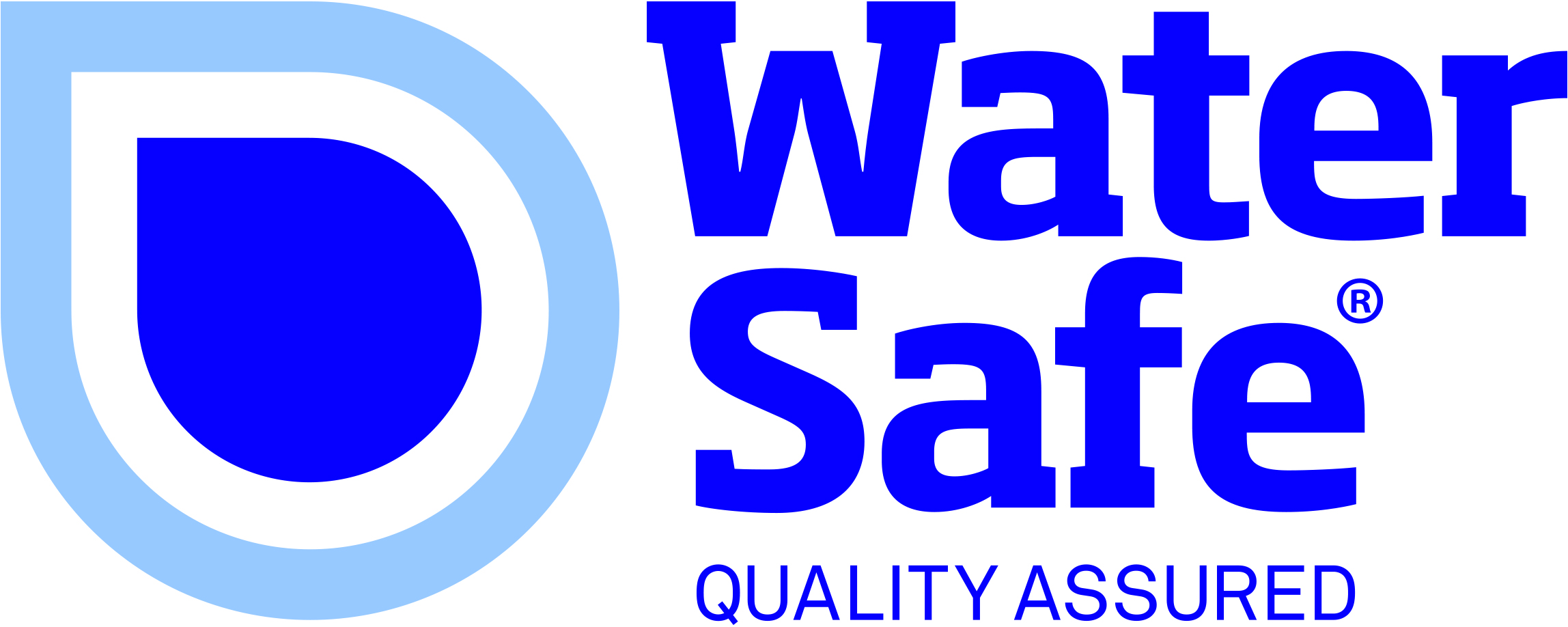Spring is officially in the air and, of course, it is the perfect time to spruce up the house and dabble in a bit of DIY. However, without the right knowledge, many seemingly-simple DIY jobs can end in a costly disaster – leading to thousands of pounds of repair work. Here, Julie Spinks, at WaterSafe, the UK’s national plumbing assurance scheme, tells you what you need to know:
Do…
Do use a plumber that is qualified and WaterSafe registered, you can find one in your area on www.watersafe.org.uk
Do take your time to find the plumber for you. You should always get three quotes and then choose the one that suits you and the job at hand.
Do use approved plumbing products, such as WRAS approved, so you know your products have been tested and are legally compliant when installed correctly.
Do take extra precautions when work is being done, especially when it is plumbing work involving water. Keep all electrics and running leads completely out of the way. Safety first.
Do make sure you look after your workers – a cup of tea and biscuits has never gone amiss.
Don’t…
Don’t forget you have legislation to adhere to. Yes, you may have paid for the bricks and mortar but that doesn’t mean you are free to do anything you want to your home. Be aware of legal regulations surrounding home improvements before you get started. The Water Supply (Water Fittings) Regulations and Byelaws were introduced to prevent contamination of drinking water and waste of water caused by faulty plumbing work and most water-related work carried out in your home must meet its requirements.
Do not attempt to redo your kitchen or bathroom without consulting a professional first. Kitchens and bathrooms are known in the trade as ‘special installations’ for a reason and WaterSafe really does recommend that work in these areas is done by a certified professional.
Do not put off fixing faulty plumbing, something as seemingly minor as a dripping tap or leak – these are often signs that there is a bigger problem. Ignoring the warning signs could cost you even more money!
If you have moved into a new property and spot a damp patch or damp stain do not ignore and paint over – this could be the sign of a serious plumbing problem. Again call in expert immediately who is WaterSafe approved.
If you are having a refit in your kitchen or bathroom and are getting professionals in, make sure you don’t forget to ask to see their qualifications. If you have a heating engineer in or a gas fitter make sure they are Gas Safe and – of course – if you have hired a plumber make sure they are WaterSafe.
Remember, DIY is a great way to save money and personalise your home but, if in doubt, ask for professional advice before you start. To find a qualified plumber in your area visit www.watersafe.org.uk.



